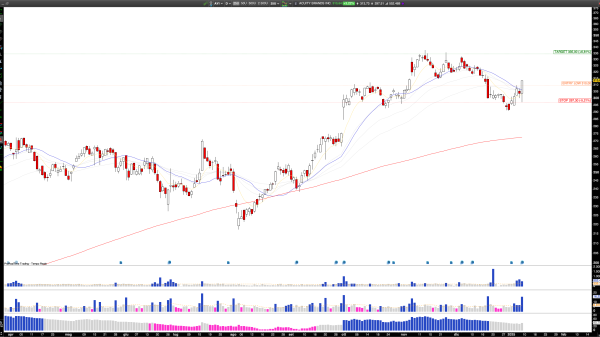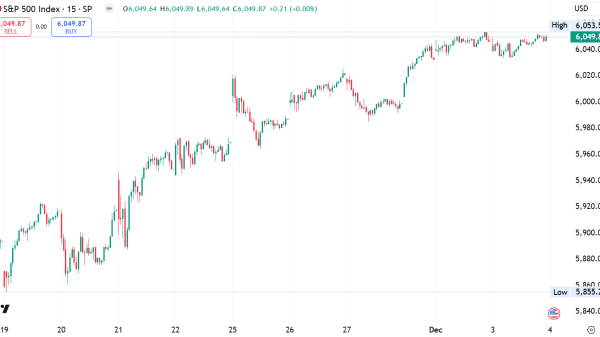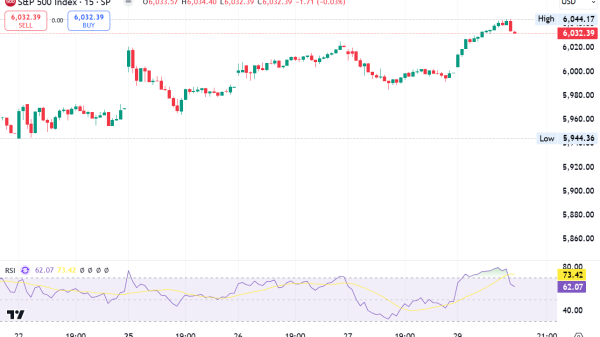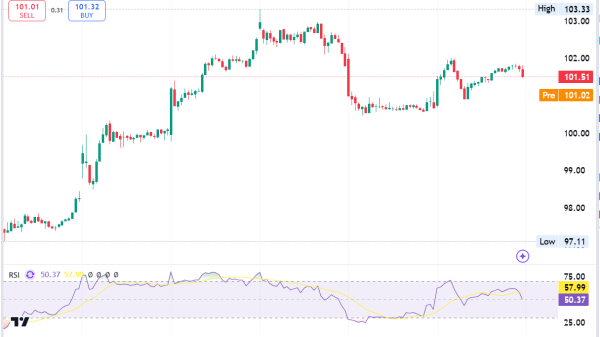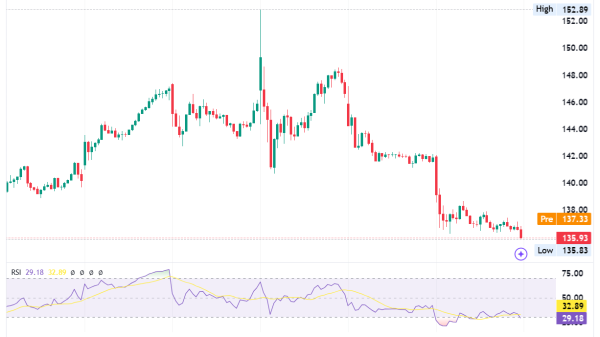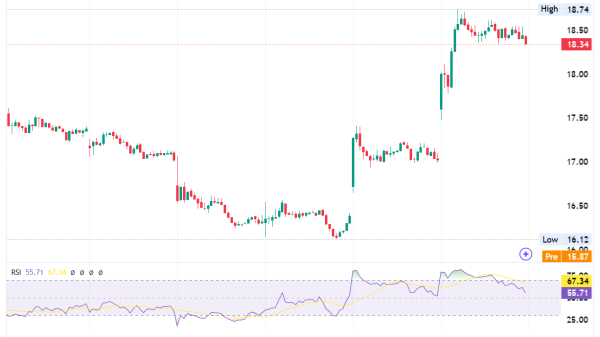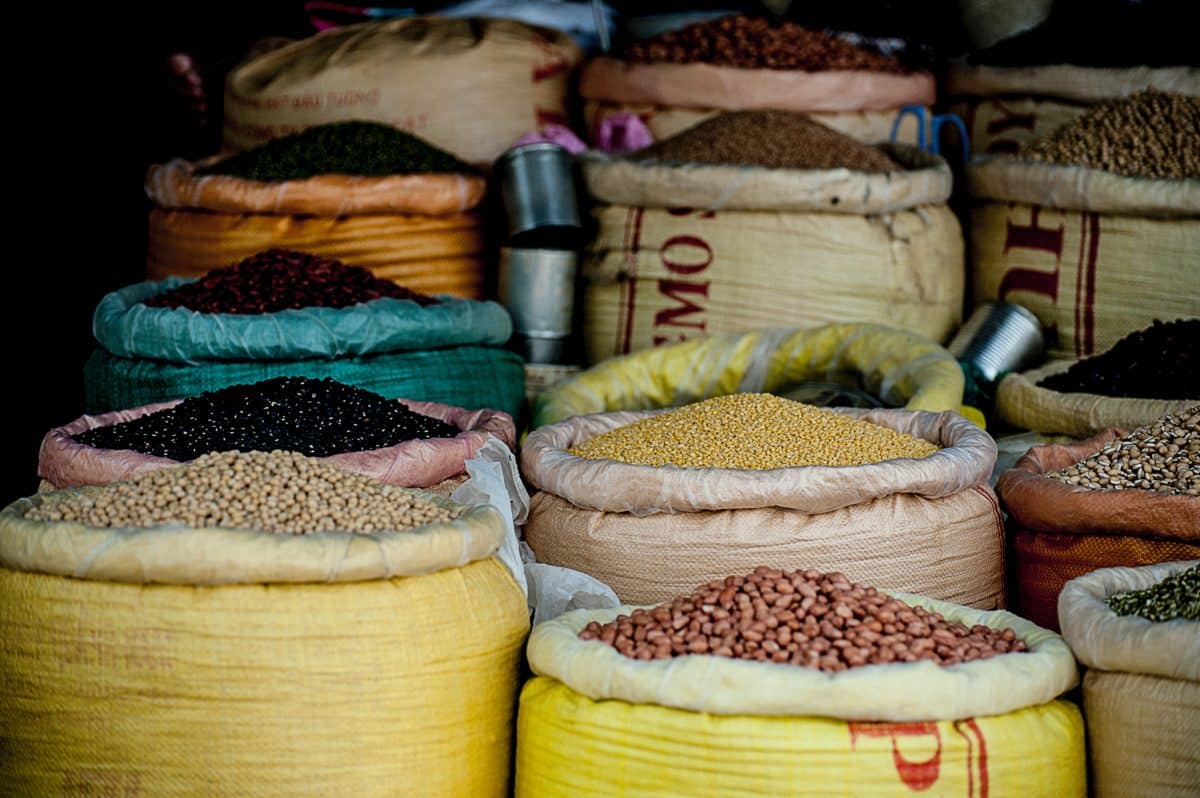An Overview of The Soft Commodities Market
In the ever-evolving landscape of commodity markets, certain soft commodities stand out for their global significance and economic impact. Coffee and sugar, two widely consumed commodities, play crucial roles in agriculture and trading. In this article, we will delve into the current state of these markets, examining the latest statistics and news surrounding coffee and sugar.
Soft Commodities Market: Coffee
Coffee, the fuel for productivity and a favorite morning beverage remains among the most widely traded soft commodities worldwide. According to the International Coffee Organization (ICO), global coffee consumption has steadily increased, with an estimated 165.35 million bags consumed in 2022. This represents a significant rise in demand, fueled by emerging markets and the growing popularity of specialty coffee. However, the coffee market faces challenges such as fluctuating prices influenced by currency exchange rates, supply chain disruptions, and climate change. Climate-related issues, particularly droughts, and pests, pose a significant threat to coffee production, leading to potential supply shortages. To mitigate these risks, coffee growers are embracing sustainable farming practices and technological advancements, such as precision agriculture.
Sugar Market
Sugar, a key ingredient in the food and beverage industry, has witnessed its fair share of developments. According to the United Nations Food and Agriculture Organization (FAO), global sugar consumption will reach 186.24 million metric tons in 2023. This growth is fueled by changing dietary patterns and increased consumption in emerging economies.
The sugar market, like coffee, faces challenges influenced by supply and demand. Weather conditions and disease outbreaks have impacted major producing countries’ sugar cane and sugar beet crops. Rising concerns over health and wellness have prompted consumers and governments to advocate for reduced sugar consumption. Therefore, leading to increased demand for alternative sweeteners and sugar substitutes.
In conclusion, as the global commodity markets evolve, coffee and sugar remain crucial soft commodities with significant economic impact. With increasing demand and diverse challenges, market participants must navigate a complex landscape to ensure sustainability and profitability. The coffee and sugar industries can thrive in this dynamic environment by embracing sustainable practices, leveraging technology, and adapting to changing consumer preferences. While various factors influence the commodity markets, the enduring appeal of coffee and sugar as global staples underscores their resilience.
By closely monitoring market trends, staying informed about industry news, and adapting to evolving dynamics, investors, traders, and industry stakeholders can confidently navigate these markets, fostering growth and prosperity.
The post An Overview of the Soft Commodities Market appeared first on FinanceBrokerage.





